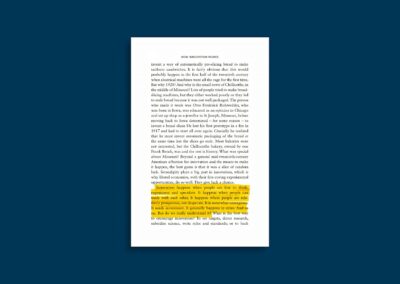Exploring the Ethical Landscape of Gene Editing Patents in the Middle East
The ethical implications of patenting gene editing technologies are profound and multifaceted, particularly in rapidly developing regions like Saudi Arabia and the UAE. As these nations strive to become global leaders in biotechnology, the question of whether gene editing technologies should be patented is increasingly pertinent. Patents can provide financial incentives for innovation, encouraging companies to invest in research and development. However, they can also create monopolies that limit access to these critical technologies, potentially hindering scientific progress and exacerbating social inequalities.
In Saudi Arabia and the UAE, where investment in biotechnology is a cornerstone of national development strategies, the ethical considerations surrounding gene editing patents are complex. On one hand, patents can attract foreign investments and drive economic growth by fostering a competitive environment for technological advancement. On the other hand, the monopolization of gene editing technologies can lead to high costs, making these innovations inaccessible to smaller companies, researchers, and ultimately, the public. This dichotomy raises questions about the balance between promoting innovation and ensuring equitable access.
Furthermore, the ethical implications extend beyond economic concerns to the fundamental issue of ownership over genetic information. Granting patents on gene editing technologies means that specific genetic sequences and methods of altering them can be owned by private entities. This raises significant ethical questions about the commodification of life itself. In Dubai and Riyadh, where ethical leadership and corporate responsibility are emphasized, navigating these challenges requires careful consideration and inclusive dialogue among stakeholders.
The Impact of Patents on Innovation and Accessibility
The impact of patenting gene editing technologies on innovation and accessibility is a critical area of concern. While patents can stimulate innovation by protecting intellectual property and providing a return on investment, they can also create barriers to entry for other researchers and companies. In the biotechnology sector, where collaboration and knowledge sharing are essential for advancement, restrictive patents can stifle innovation and slow down the development of new treatments and solutions. This is particularly relevant in the context of global health challenges, where timely access to innovative technologies can save lives.
In Saudi Arabia and the UAE, the strategic emphasis on becoming hubs of technological innovation necessitates a nuanced approach to patenting gene editing technologies. By adopting policies that balance patent protection with the need for open access and collaboration, these nations can foster an environment where innovation thrives without compromising accessibility. This can be achieved through initiatives such as compulsory licensing, which allows governments to grant licenses to third parties to use patented technologies in the public interest. Such measures can ensure that essential technologies remain accessible while still incentivizing innovation.
Moreover, integrating advanced technologies like Artificial Intelligence (AI) and blockchain can enhance the management and transparency of patents in gene editing. AI can help identify potential ethical breaches and ensure compliance with international standards, while blockchain can provide a secure and transparent platform for tracking the use of patented technologies. In Dubai and Riyadh, leveraging these technologies can help build a more equitable and efficient patent system that supports both innovation and accessibility.
Promoting Ethical Leadership and Effective Communication
Promoting ethical leadership and effective communication is essential in addressing the ethical implications of patenting gene editing technologies. Business executives, mid-level managers, and entrepreneurs must be equipped with the skills to navigate these complex ethical landscapes. In Saudi Arabia and the UAE, executive coaching services are playing a pivotal role in developing these leadership capabilities. These services provide tailored guidance and support, helping leaders to foster a culture of ethical decision-making and corporate responsibility.
Effective communication is also crucial in ensuring that all stakeholders are informed and engaged in the discussion about the ethical implications of gene editing patents. Transparent communication helps build trust and encourages collaborative problem-solving. In Dubai and Riyadh, public awareness campaigns and educational initiatives are being launched to engage citizens and foster a better understanding of the ethical considerations surrounding gene editing technologies. By involving the public in these discussions, these cities are setting an example of how to build a robust ethical framework through collective effort.
Management consulting firms are also contributing to the development of ethical frameworks by providing expertise in project management and strategic planning. These consultants assist organizations in aligning their practices with global ethical standards and best practices. By offering guidance on compliance, risk management, and stakeholder engagement, management consultants play a vital role in ensuring that gene editing technologies are used ethically and responsibly.
#GeneEditingPatents #EthicalImplications #InnovationInBiotechnology #AIEthics #BlockchainInBioethics #DubaiTechnology #RiyadhInnovation #BusinessEthics #ExecutiveCoaching #EffectiveCommunication























